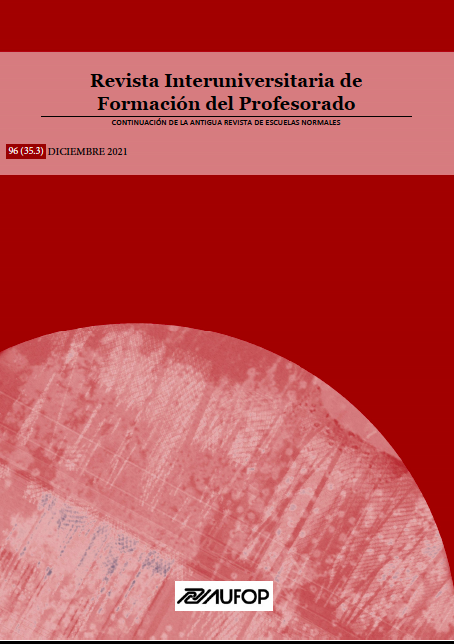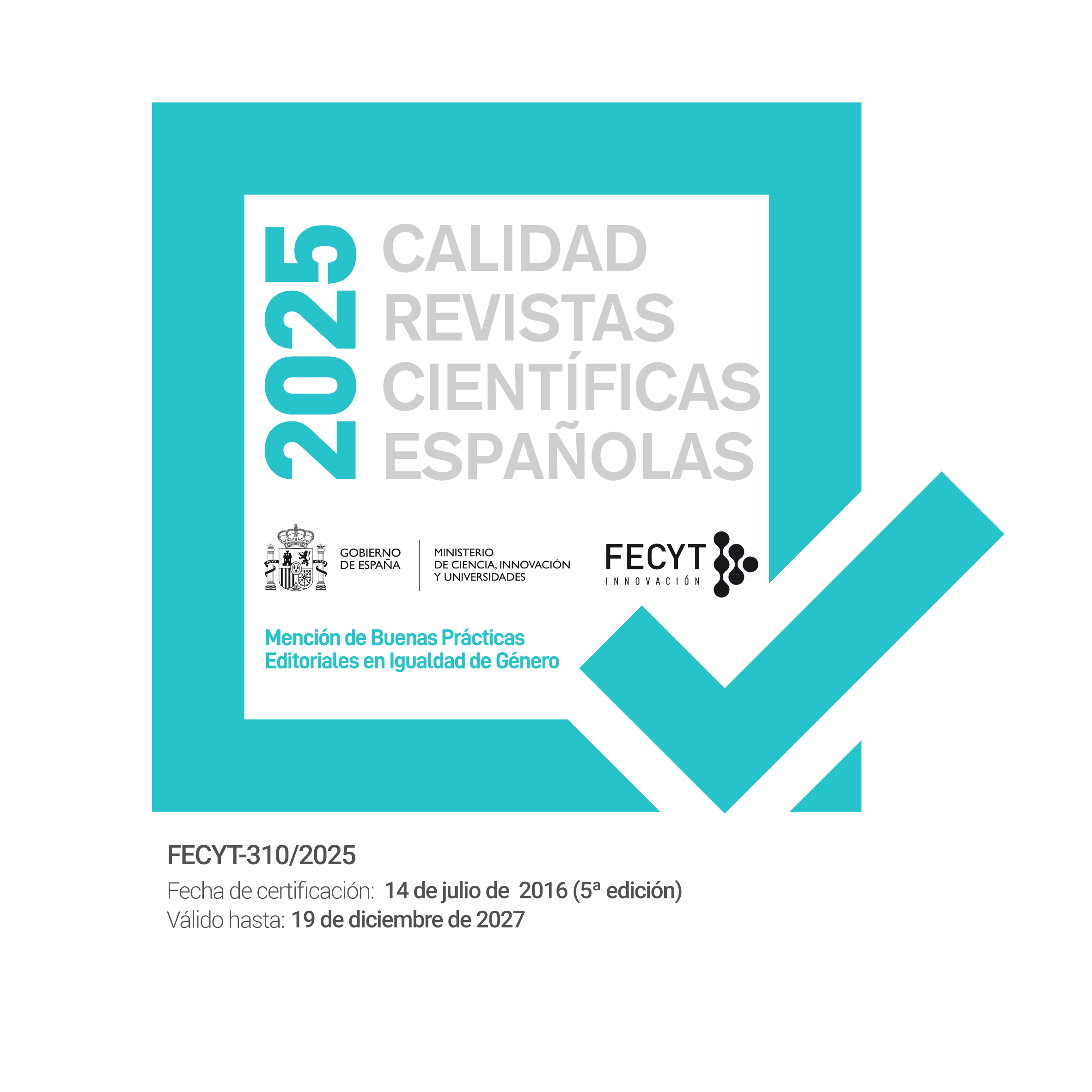Controversial heritage and citizenship education through the museum in Early Childhood Education
DOI:
https://doi.org/10.47553/rifop.v96i35.3.91433Abstract
Heritage education is configured in Early Childhood Education stage as the ideal framework to develop educational experiences that integrate the controversial heritage from the museum to promote knowledge and valuation of environment and to promote early forms of critical thinking. Therefore, this work aims to describe the hall of archaeology in the Museum of Huelva and infer its didactic role for teaching controversial heritage and to recommend several teaching activities for Early Childhood Education. To investigate heritage elements in the museum and the way they are presented, we have made a qualitative analysis using the technique of systematic observation of contexts, using as an instrument a system of categories that allows us to classify the data obtained in a progression hypothesis from a simple perspective of heritage education to the desirable one. As first results, we have found that the Museum of Huelva presents this heritage from an academic approach and it has passive resources and activities, thus it is necessary to design teaching units in which museum can be an educational resource and a place where it can be generated debates and interaction.
Downloads
Published
How to Cite
Issue
Section
License
The "Revista Interuniversitaria de Formación del Profesorado (RIFOP)", with ISSN print 0213-8646 and ISSN electronic 2530-3791), adheres to the copyright notices proposed by Creative Commons
Authors’ rights
Papers published in the journal are subject to the following terms:
1. The Asociación Universitaria de Formación del Profesorado (AUFOP) is the editor of the RIFOP and holds the copyright of the papers published therein. The reuse of these is allowed under the license for use as indicated under point 2.
© Asociación Universitaria de Formación del Profesorado (AUFOP)
2. The papers are published in electronic version under the license CreativeCommons Reconocimiento-NoComercial-SinObraDerivada 3.0 España (texto legal). Papers can be copied, used, disseminated, transmitted and publicly exhibited provided that: i) the authorship and original publication source are cited (journal, editors and URL of the paper); ii) they are nit used for commercial gain; iii) the existence and specifications of the license for use are mentioned.
3. Auto-archiving conditions. Authors are allowed and encouraged to disseminate electronic pre-print versions (versions prior to peer review) and/or post-print (versions reviwed and accepted for publication) of their papers prior to their publication, since this favors prompt circulation and dissemination and supposes a possible increase in cites and scope within the academic community.
Privacy declaration
The names and email addresses incorporated into this journal will be used solely for the declared purposes of the journal and will not be available for any other purposes or to third parties.






